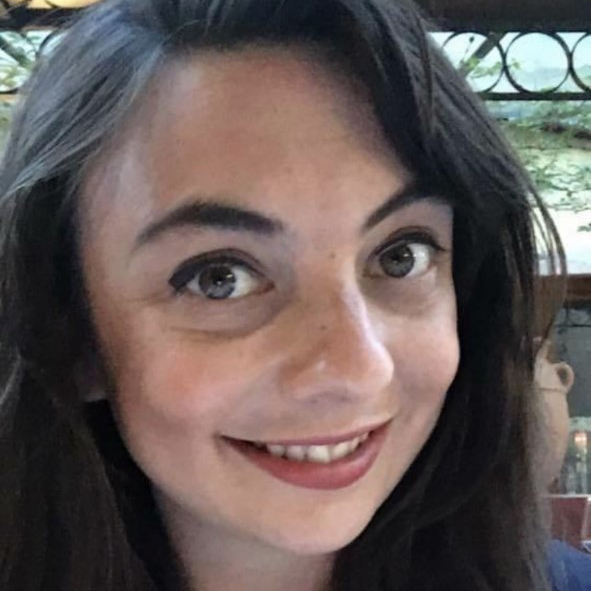I am a History PhD candidate at the School of History, Anthropology, Philosophy and Politics at Queen’s University Belfast. My thesis will focus on the impact of deindustrialization and conflict on photographic representations of childhood in Belfast between 1979 and 1998. My work will use a visual and oral history approach to examine the effects of poverty, deprivation, social inequality, and economic decline on the lives of children. I maintain research interests in the use of photography within historical research, oral history, modern British and Irish social and cultural history, urban history, histories of the family and deindustrialization. I graduated from Queen’s University Belfast with a BA (Hons) (First Class) in History in 2018 and with an MA in History (Distinction) in 2020. In 2019, I was awarded a funded PhD studentship from the Department for the Economy (Northern Ireland).
Project statement
My research focuses on the photographic representation of west Belfast between c.1969 and 2001. The thesis will examine the impact of conflict and deindustrialization on this part of the city and will include a broader analysis of economic, social, and material decline in relation to the lives of children and young people. The project will use a visual approach grounded in the close analysis of photographs and will examine four genres of photography: photojournalism, documentary photography, community photography and donated amateur photographic collections. This research seeks to develop the use of photographs as a historical source by considering the role of photographs as both an object and a record of historical understanding. This work will consider the content, materiality, and social lives of photographs to examine visual constructions and representations of experience in west Belfast. By resituating photographs within an active context, the research will examine how visual representations of childhood interacted with other representations of Belfast and its people; will consider how they were connected to social, cultural, political, economic, and material systems; and how they engaged with processes like deindustrialization, conflict, and social upheaval. The visual approach will be complemented by the gathering of oral testimony from members of the public including photographers and their subjects as well as those that have donated their amateur collections to the study. Key research questions will focus on the lived experience of childhood and will examine the experiences and challenges faced by children in late-twentieth century Belfast. The research will address how external factors such as deindustrialization, conflict, social upheaval, and social inequality affected children and their experience of childhood.





